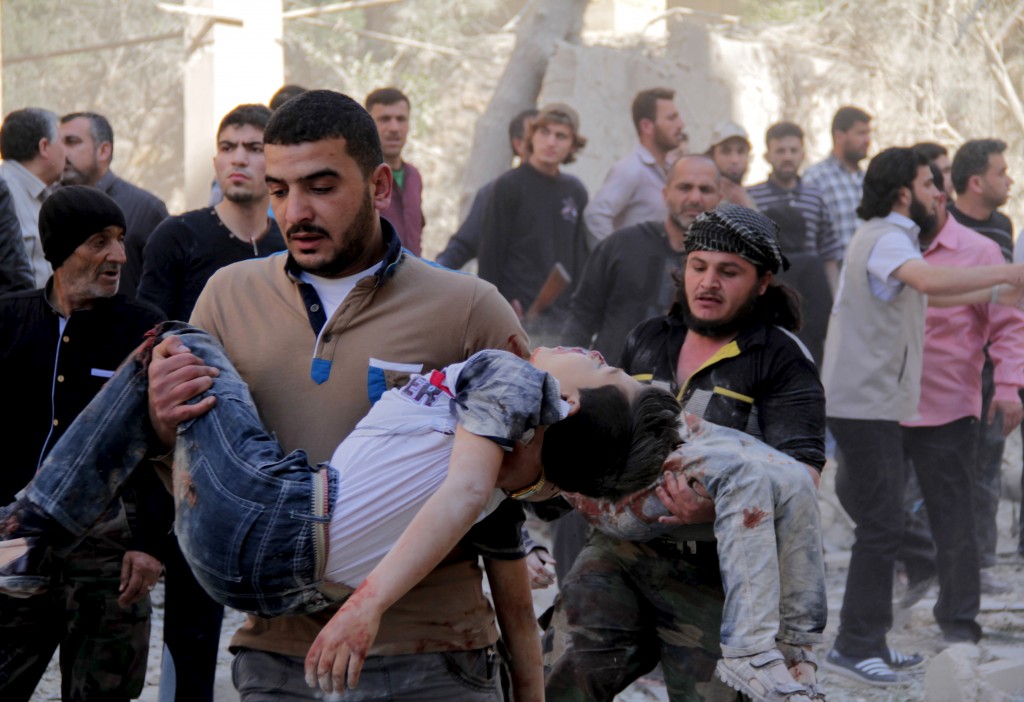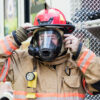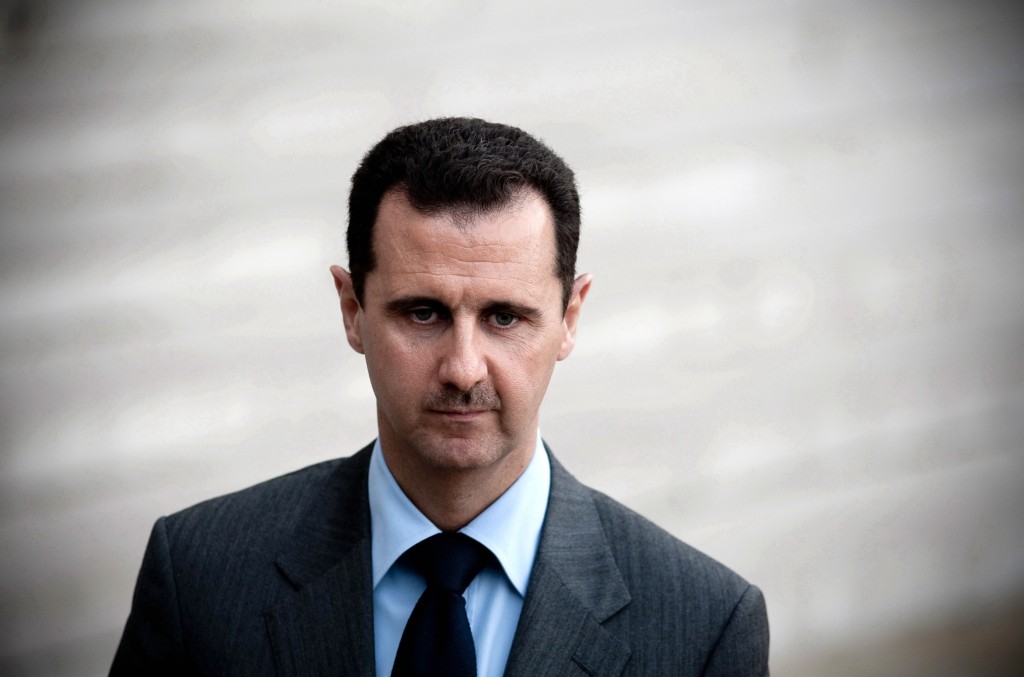During a House Committee on Foreign Affairs hearing this morning, experts agreed that by establishing a no-fly zone in Syria, the United States will be able to protect Syrian citizens from chemical weapons attacks and simultaneously strengthen the fight against ISIS.
Committee Chairman Ed Royce, R-Calif., said that Syrians “face a one-two punch” of danger with the terrorist group ISIS controlling territory and Syrian President Bashar al-Assad dropping chlorine gas against his own people from the skies.
Although President Obama has been hesitant to accuse Assad of using chemical weapons on Syrian civilians, a panel of witnesses alleged that 31 documented attacks using poison gas have occurred since March 16 of this year.
Royce and witnesses at the hearing say that Assad alone is responsible for the attacks.
Barrel bombs filled with chlorine gas are being dropped from helicopters, and only Assad has access to the bases and helicopters necessary for the attacks, they say.
Annie Sparrow, deputy director of the Human Rights Program and assistant professor of global health at the Icahn School of Medicine at Mount Sinai, explained the unique danger these chlorine gas bombs pose.
Unlike a normal bomb, there is no loud explosion. The chemicals seep into the air, and the only way to know that an attack happens is when the victim smells the gas.
The chlorine gas turns into hydrochloric acid in the lungs of those who inhale it, leading to suffocation, foaming at the mouth, and extremely slow and painful deaths for victims.
“There are so many ways to die in Syria,” said Sparrow, who has spent the past two years along the Syrian border helping train doctors. “There’s nowhere to hide.”
These atrocities are aimed only at civilians, many of whom are small children.
The Syrian government has deliberately attacked families, homes, hospitals and even schools, the witnesses say.
Just yesterday, 21 children and their mothers were murdered at a summer camp with a chemical weapon.

Men carry injured schoolchildren after what activists said was a barrel bomb dropped by forces loyal to Syria’s President Bashar al-Assad and hit a school and a residential building in Seif al-Dawla neighborhood of Aleppo May 3, 2015. (Photo: SULTAN KITAZ/REUTERS/Newscom)
“I am a doctor, and I’m very familiar with death,” Sparrow said. “But I have never seen a more obscene way to kill children.”
Sparrow and the other panelists pled for a no-fly zone from the U.S. government that would help save Syrian civilians.
Robert Ford, former ambassador to Syria and senior fellow at the Middle East Institute, pointed out that assisting the Syrians would also help the U.S. fight ISIS.
Ford says that ISIS uses the apparent U.S. indifference towards helping Syrian civilians as propaganda in enlisting Syrian fighters.
“This hearing is an important step in deflecting that Islamic State recruitment propaganda,” Ford said.
But Ford cautioned that if a no-fly zone is implemented it must be negotiated through neighboring Middle East countries Turkey, Saudi Arabia, Qatar and Jordan to ensure that “such a military operation is used as a tool to help reach the larger national political negotiation that Syria so desperately needs.”
Obama has warned Assad not to cross the red line of using chemical weapons, but he has not responded to Assad’s actions with force.
Farouq Habib, a leading activist in Syria who has testified for the United Nations General Assembly, criticized the U.S. inaction in this matter.
He said: “The legitimacy of the international community crumbles when it becomes merely ink on paper.”
If the U.S. takes action with a no-fly zone and grounds Assad’s helicopters, he will no longer be able to carry out the chemical attacks.
This action would “create a safe haven” for civilians, according to Habib.
In recent months and throughout the hearing, Royce and fellow committee member Eliot Engel, D-N.Y., have pushed for establishing a no-fly zone in Syria.
“This can’t just keep going on and on,” Royce said. “If nothing is done, the human tragedy in Syria and the region will reach depths the world hasn’t seen in generations.”





























